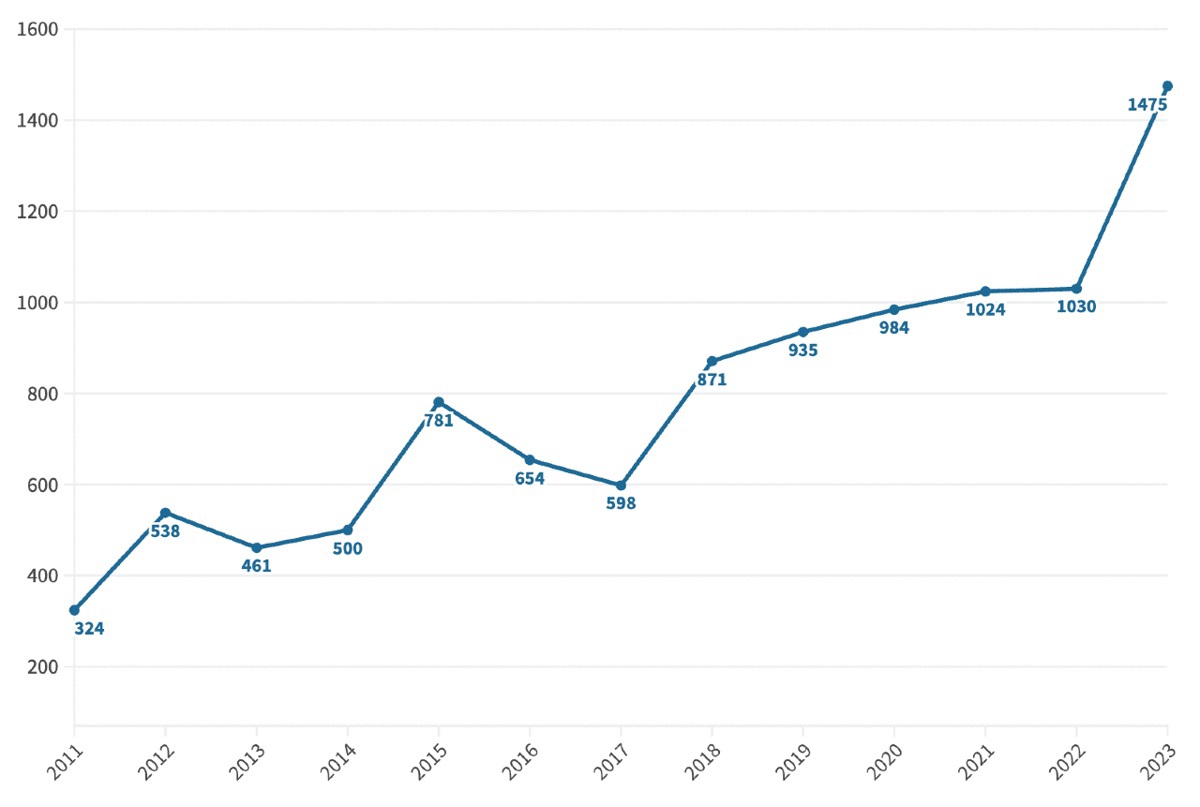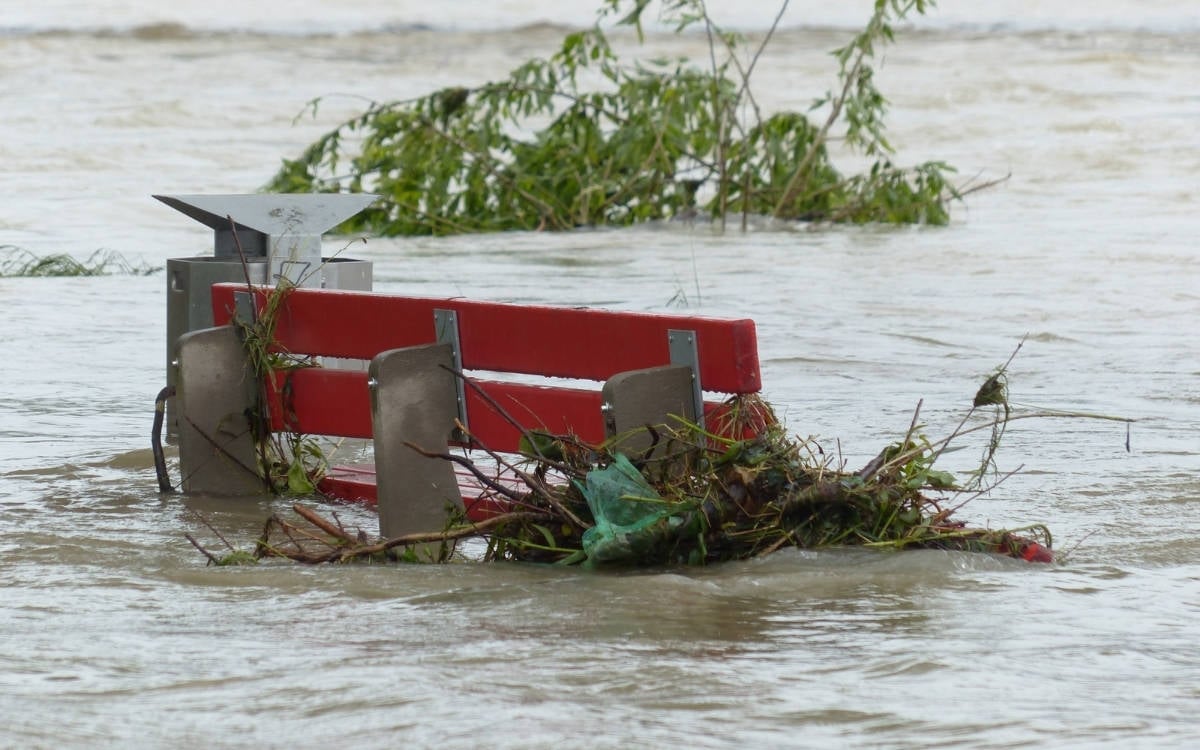The number and intensity of extreme weather events, considered one of the most prominent indicators of the climate crisis, continue to rise in Turkey.
In 2023, Turkey experienced a record-breaking 1475 extreme weather events, marking the highest number ever recorded. This surpasses the figures of the previous year, which were 1030, and 1024 in 2021. The number of extreme weather events in Turkey has been consistently increasing over the past six years.
Last year (2023), not only did a record number occur, but there was also a significant jump with an increase rate of 45% compared to the previous year.
According to the data from the General Directorate of Meteorology, in 2023, heavy rainfall and floods accounted for 38% of extreme weather events. Storms (23%) and hail (16%) incidents followed severe rainfall and floods.
Number of extreme weather events in Turkey in years

Resilient cities
Özgür Gürbüz, the Campaigns Director of the Ekosfer Association, emphasizes that we see the effects of the climate crisis most clearly through extreme weather events every year. He points out that the floods in Adıyaman and Şanlıurfa, the forest fire threatening the city in Çanakkale, and the heatwaves and droughts affecting many regions marked the year 2023, stating, "The significant increase in the number of extreme weather events also indicates the intensification of the climate crisis."
Gürbüz, who highlights that the escalating intensity and frequency of extreme weather events lead to more significant problems in cities unprepared for the climate crisis, has suggestions on how to make the cities we live in more resilient against these events:
"When planning for cities, we must take into account the meteorological conditions changed by the climate crisis and plan accordingly. It is neither correct to hide infrastructure deficiencies by blaming the climate crisis nor to solely blame the infrastructure. We need to redesign the cities we have drowned in concrete. We must both abandon fossil fuels (oil, coal, and gas) to stop the climate crisis and construct resilient settlements that adapt to current changes." (TY/PE)







